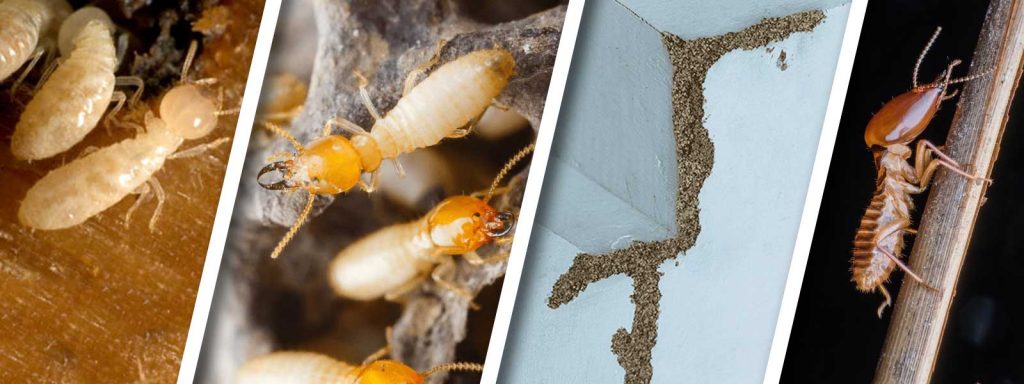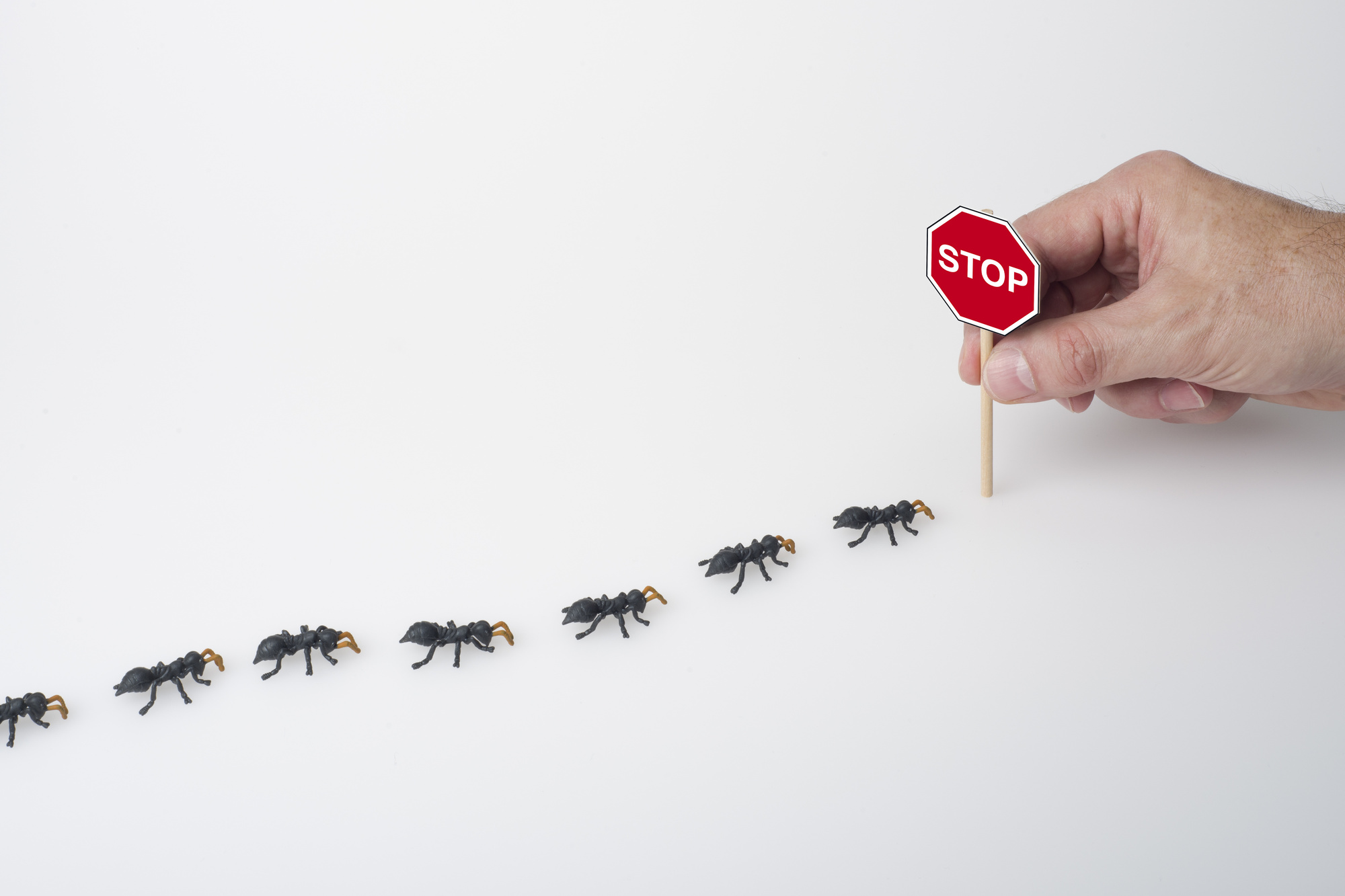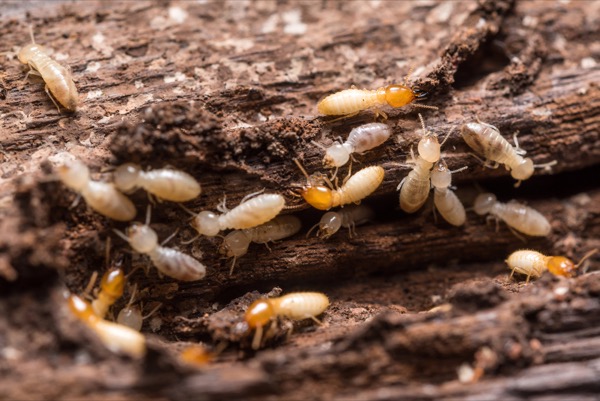Budget Friendly Ant Control Solutions: Keep Your Area Ant-Free
Budget Friendly Ant Control Solutions: Keep Your Area Ant-Free
Blog Article
Ecological Impact of Pest Control: Harmonizing Performance With Sustainability
The environmental effect of bug control is an essential problem that calls for a delicate balance in between accomplishing efficiency in handling pests and ensuring sustainability of our environments. As we make every effort to protect our crops, homes, and wellness from the risks positioned by insects, the techniques we employ can unintentionally hurt the setting. From making use of harmful chemicals that seep into our soil and water to the unintended consequences on non-target varieties, the consequences of standard bug control techniques are far-reaching. Nonetheless, there are emerging strategies that supply expect a much more sustainable strategy to pest administration. These remedies not only objective to address the instant insect issues but also think about the lasting wellness of our earth.
Hazardous Chemicals in Bug Control
The use of dangerous chemicals in insect control positions significant ecological and wellness threats that call for careful factor to consider and mitigation approaches. Pesticides, pesticides, and herbicides are frequently utilized to eliminate pests, yet their extensive application can result in unplanned consequences. These chemicals can pollute soil, water sources, and the air, influencing not just the targeted bugs yet also helpful insects, wild animals, and human beings.

To resolve these risks, incorporated bug monitoring (IPM) techniques are being advertised as an extra sustainable alternative. IPM involves a mix of methods such as organic control, environment manipulation, and the targeted use chemicals as a last resource (ant control asheboro nc). By adopting an alternative strategy to pest control, we can reduce the environmental and health and wellness effects connected with harmful chemicals while properly taking care of pest populaces
Effect On Non-Target Species
Thinking about the unintended effects of bug control techniques, the effect on non-target types is a vital aspect that calls for thorough assessment. While insect control measures intend to target specific parasites, other organisms in the community might be inadvertently influenced. Non-target varieties, including useful pests, birds, mammals, and also plants, can suffer straight or indirect damage from chemical applications or biological control approaches.
Insecticides developed to combat a certain bug pest may hurt pollinators like bees or all-natural predators such as ladybugs. Organic control agents, if not species-specific, can pose threats to unintended targets, disrupting the ecological balance.
To alleviate the impact on non-target varieties, incorporated bug management (IPM) approaches that emphasize a holistic technique to pest control are recommended. These approaches prioritize the use of eco-friendly practices, minimizing damage to beneficial microorganisms while properly managing pest populaces. Performing thorough danger analyses and monitoring the results of pest control efforts are important steps in safeguarding non-target species and advertising general community health and wellness.
Soil and Water Contamination
Unexpected ecological repercussions of bug control approaches prolong beyond impacting non-target types, with significant effects for soil and water contamination - ant control. Pesticides, herbicides, and chemical plant foods used in bug control can leach into the soil and contaminate groundwater, positioning a risk to both earthbound and aquatic communities.
Water contamination is one more critical problem related to bug control practices. Overflow from agricultural areas treated with pesticides can bring these chemicals right into close-by water bodies, affecting aquatic organisms and water high quality. Contaminants in water sources can have far-ranging repercussions, influencing not just aquatic life yet additionally human health and wellness via the intake of polluted water or aquatic organisms. To alleviate dirt and water contamination from parasite control activities, integrated insect management strategies that focus on sustainability and decrease chemical inputs are essential.
Air Pollution From Chemical Usage
Exposure to airborne pesticides during farming applications postures a significant concern for air pollution control steps. They can volatilize right into the air and kind volatile organic compounds (VOCs) and various other air-borne toxins when pesticides are splashed onto plants - termite control services. These chemicals can contribute to the development of ground-level ozone, a major part of smog that can have harmful results on human health, crop performance, and overall air quality. In addition, pesticide drift, where pesticides are carried by the wind to unplanned locations, can result in the contamination of neighboring ecosystems and water bodies.

Approaches for Lasting Insect Control
In the world of agricultural practices, executing sustainable bug control techniques is paramount for preserving ecological equilibrium and guarding crop returns. Sustainable insect control emphasizes making use of ecologically friendly techniques to handle bug populaces properly while reducing harm to non-target organisms and communities. Integrated Pest Administration (IPM) is an extensively embraced approach that combines organic, cultural, physical, and chemical control techniques to achieve long-term parasite administration solutions.
Plant turning and diversification are also reliable techniques to interfere with pest life cycles and create less favorable conditions for bugs to thrive. Ultimately, by incorporating these sustainable parasite control methods, farmers can achieve a balance in between pest administration effectiveness and ecological stewardship.
Conclusion
Finally, the environmental influence of bug control techniques must be very carefully thought about to balance performance with sustainability. Hazardous chemicals utilized in insect control can bring about soil and water contamination, air pollution, and damage non-target varieties - ant control services. It is important to implement lasting pest control approaches to minimize these negative effects on the atmosphere and advertise a healthier environment for future generations
By adopting an alternative strategy to pest control, we can lessen the ecological and health effects associated with harmful chemicals while successfully managing pest populaces.

To minimize the air pollution created from this source by chemical usage, it is essential to embrace integrated pest administration strategies that prioritize the use of non-chemical parasite control approaches, such as plant turning, natural killers, and resistant plant ranges. Sustainable insect control emphasizes the usage of environmentally pleasant methods to manage bug populaces efficiently while minimizing injury to non-target organisms and communities. Integrated Pest Administration (IPM) is a commonly taken on method that integrates biological, social, physical, and chemical control techniques to attain lasting parasite management remedies.
Report this page